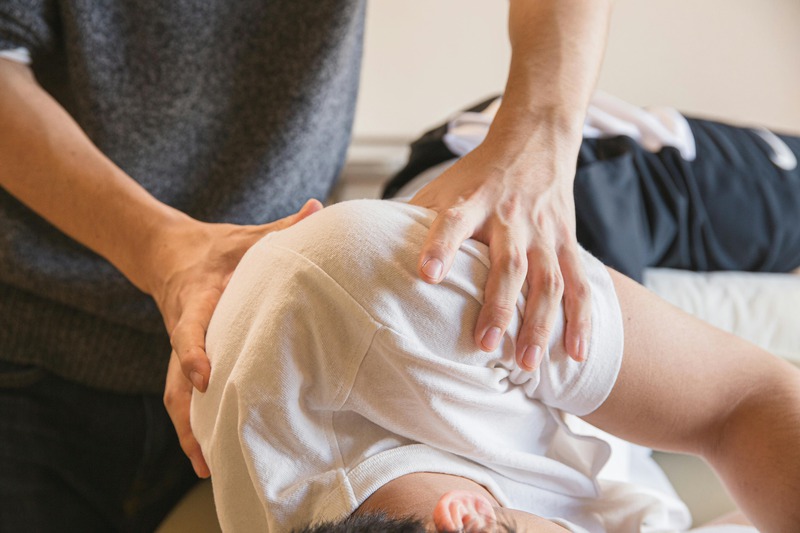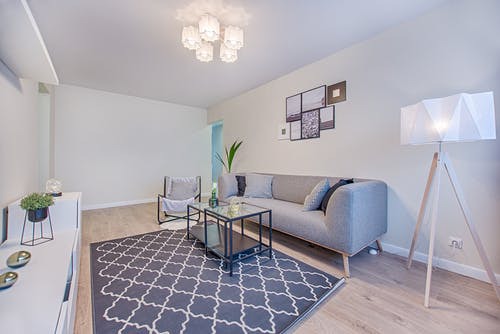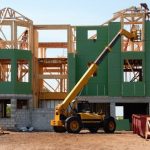
For individuals confronted with the permanence of a physical disability, the path to adaptation and flourishing may appear overwhelming. Nevertheless, through the tailored care and assistance provided by rehabilitation centers, new avenues to personal autonomy and overall wellness can be discovered.
These centers offer not only physical rehabilitation but also emotional and psychological support, fostering a holistic approach to recovery. By embracing the resources available, individuals can rebuild their lives with resilience and determination, redefining their capabilities and potential.
Designing Tailored Rehabilitation Plans
Every individual’s disability is unique, which means their path to rehabilitation should be as well. To effectively manage the challenges of a permanent physical disability, rehabilitation centers create customized programs that can include a combination of the following:
-
Physical therapy focuses on building strength, enhancing mobility, and improving balance.
-
Occupational therapy is aimed at enabling individuals to perform everyday tasks with greater ease.
-
Speech and language therapy is essential for those whose communication abilities have been affected.
These individualized plans are the backbone of rehabilitation, crafted to align with the personal objectives and lifestyles of each person. The journey toward embracing a new normal is a challenging one, yet with unwavering support, it becomes a transformative process of growth and empowerment.
Technological Aid and Assistive Devices
Rehabilitation centers embrace technology with the goal of bolstering independence for individuals with disabilities. From cutting-edge prosthetics that mimic natural movements to wheelchairs designed for maximum comfort and usability, technology can profoundly impact daily living by:
-
Offering greater autonomy in movement and accessibility.
-
Empowering individuals to engage in activities they enjoy.
-
Providing the means to overcome physical barriers with innovative solutions.
Sourcing and learning to use the right devices is an invaluable part of rehabilitation services, as it opens up opportunities for self-reliance and confidence.
Social and Emotional Wellness Focus
Physical rehabilitation goes hand-in-hand with the essential care for the emotional and social sides of a person. Professionals at rehabilitation centers are there to offer support that extends beyond the physical, aiding with the emotional adjustments that come with living with a disability. They focus on fostering positive mental health, self-acceptance and crafting a supportive community network.
Skill Development and Educational Workshops
Continuous learning is fundamental in navigating life with a disability. Rehabilitation facilities often provide educational workshops on topics such as:
-
Strategies for coping with daily challenges.
-
Training in the use of assistive devices and technologies.
-
Health management to prevent complications and promote well-being.
These sessions are designed to enhance self-sufficiency and encourage active participation in one’s own care and rehabilitation process.
Extending Support to Families and Caregivers
The role of family and caregivers is critical in the rehabilitation journey. Rehabilitation centers offer various resources and support to enhance their ability to care effectively, such as training in assistive device usage and understanding the psychosocial aspects of disability.
Building the Foundation for Independent Living
One aspirational outcome for many individuals in rehabilitation centers is the ability to live independently. To achieve this, preparation extends beyond the individual’s physical condition to include creating an adaptable living space. Establishments catering specifically to the needs of service members like veterans housing in Plymouth, NH are essential in providing an environment conducive to fostering independence for veterans.
Workplace Readiness Through Vocational Training
Vocational rehabilitation represents a crucial element within the support network aimed at helping individuals with disabilities. These services provide more than just employment opportunities; they serve as a gateway to personal empowerment and a sense of fulfillment derived from active participation in the workforce.
By offering specialized job training and skill development, vocational rehabilitation programs help identify the unique vocational strengths of each individual. These programs support the building of practical and marketable abilities that align with the interests and capabilities of the person, thereby promoting a more inclusive and diverse workspace.
Specialized Services for Veterans and their Transition
Our veterans require individualized assistance to cope with disabilities attained in service—programs that provide resources like transitional housing for veterans assist in adjusting to civilian life, managing health concerns, and reestablishing a sense of community.
Fostering Friendships and Community Engagement
Rehabilitation centers also serve as places of social enrichment, organizing group activities to encourage interaction and build a supportive community. Fostering strong social connections is often a source of joy and solidarity, which can be immensely valuable throughout the rehabilitation journey.
Charting a Course Towards a Brighter Future
Rehabilitation centers help navigate the complex road of living with a permanent disability, providing tools and resources to uncover potential and strength. For individuals needing guidance, information about comprehensive support services is just a click away, you can get more info here, where detailed assistance on rehabilitation options is available.
Wrapping Up
As beacons of hope and adaptability, rehabilitation centers stand out in their ability to offer personalized care for individuals managing permanent physical disabilities. They dedicate themselves to a holistic approach that embraces not only the physical but also the mental and societal aspects of a person’s life.
Through targeted therapy, modern technology, and a sense of connectedness, individuals can traverse their unique challenges with confidence and dignity.























































